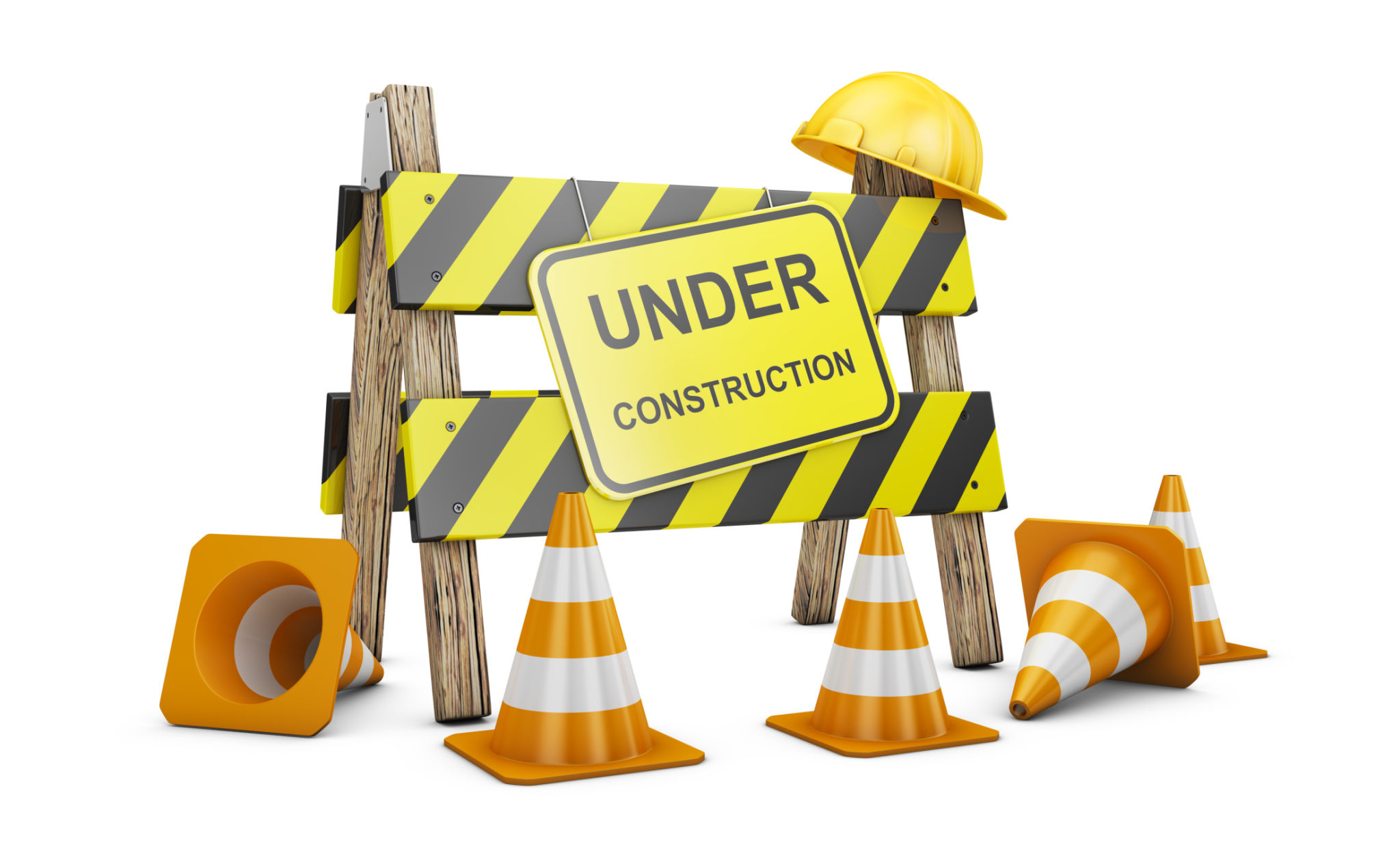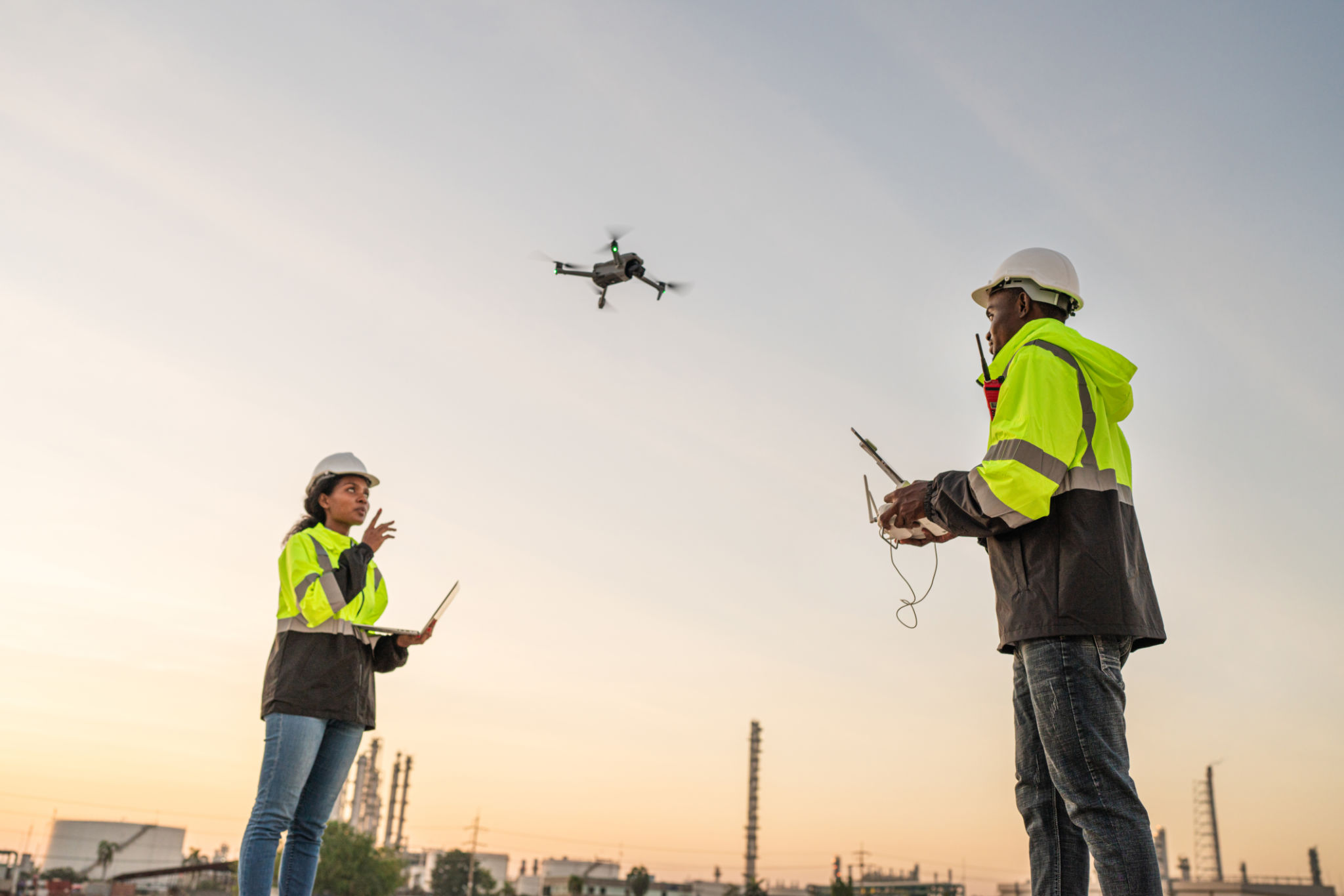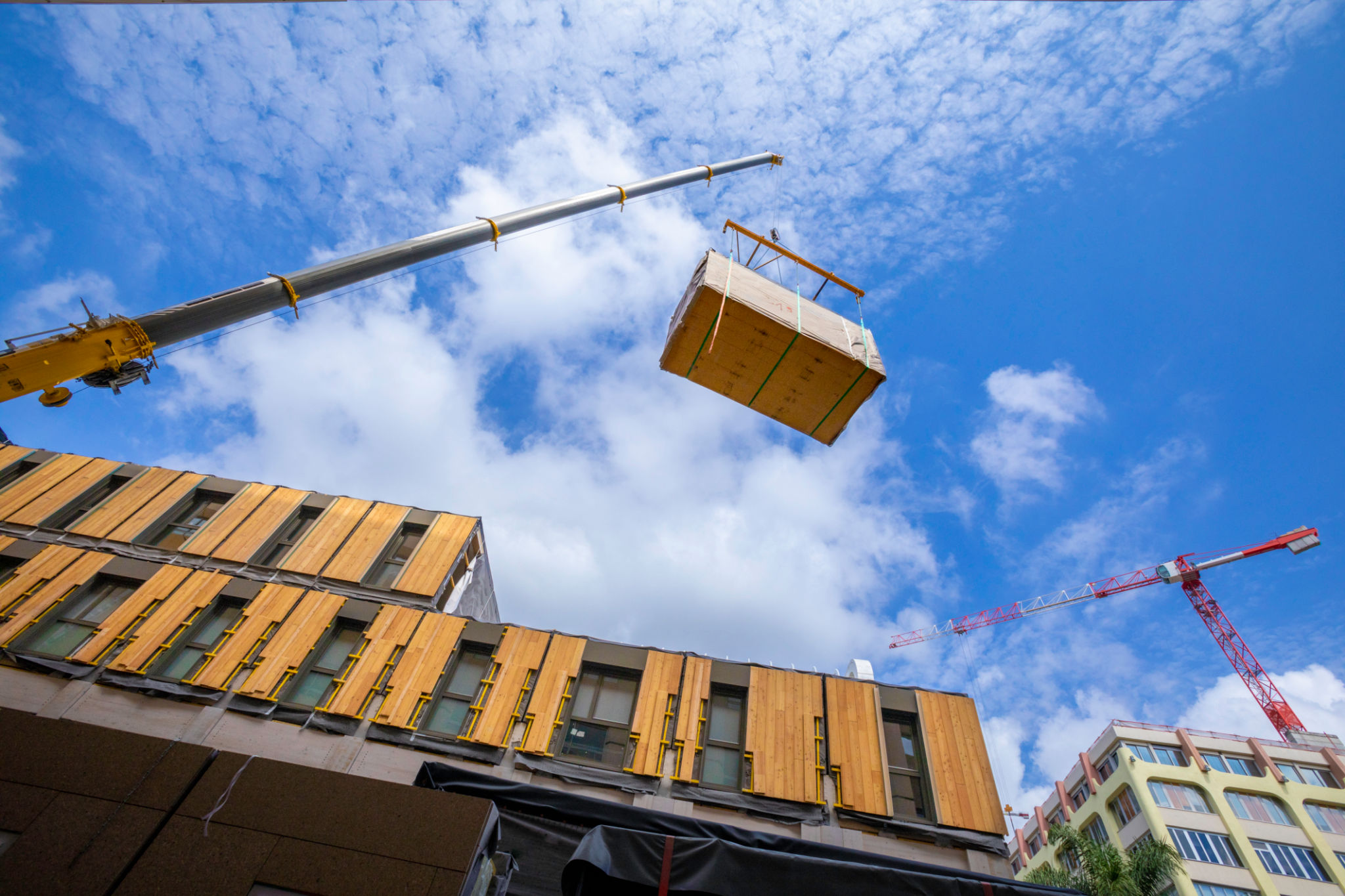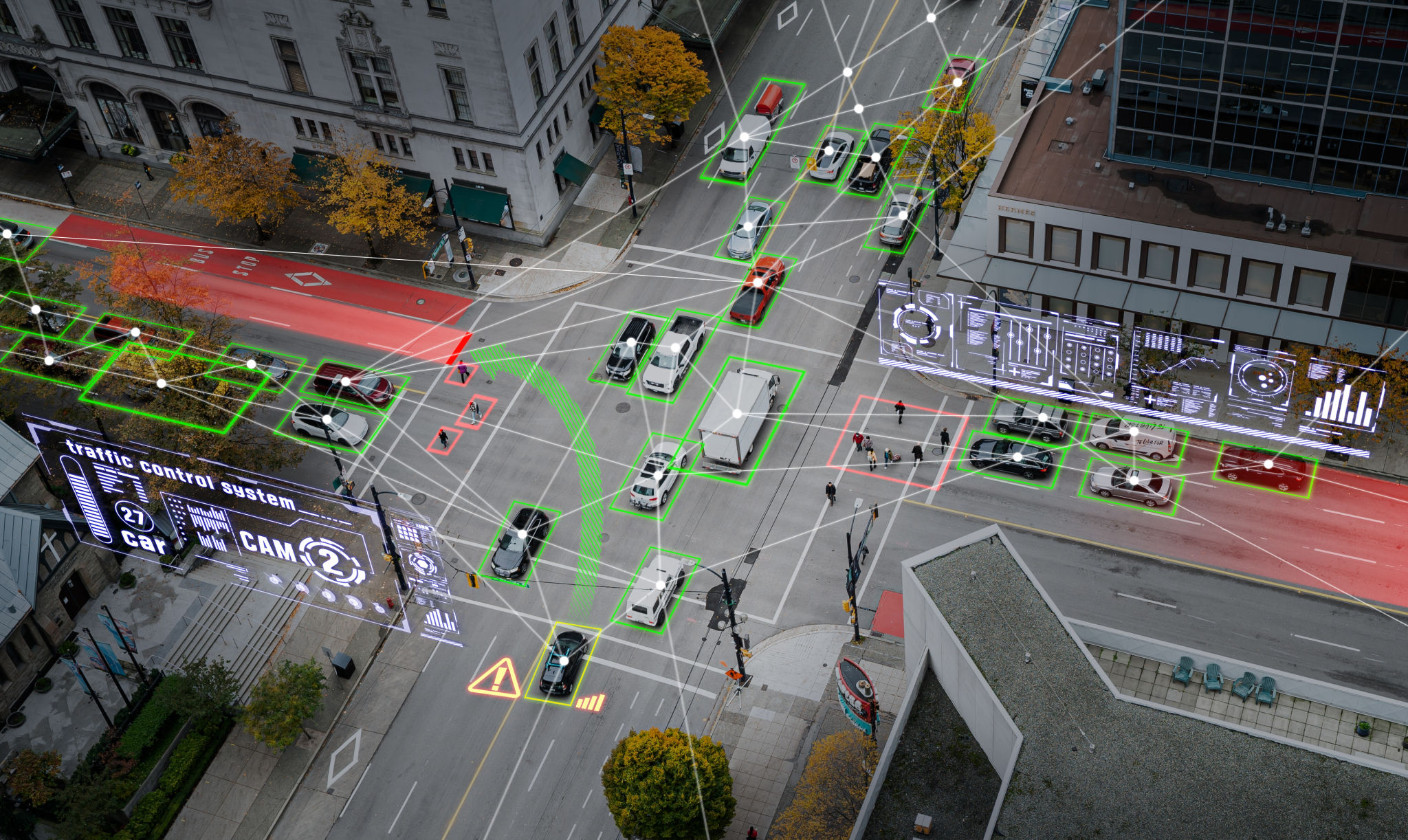The Future of Construction: Innovative Trends in Mandan
Embracing Technological Advancements
The construction industry in Mandan is on the cusp of transformation as it embraces cutting-edge technologies to enhance efficiency and sustainability. The integration of digital solutions and automation is reshaping how projects are designed and executed, offering a glimpse into a future where construction processes are smarter and more streamlined.
One of the most exciting technological trends is the use of Building Information Modeling (BIM). BIM allows for detailed 3D modeling of construction projects, enabling stakeholders to visualize every aspect before breaking ground. This technology not only improves accuracy and planning but also facilitates collaboration among architects, engineers, and contractors.

Sustainable Construction Practices
As environmental concerns continue to rise, sustainable construction practices are taking center stage in Mandan. Builders are increasingly focusing on eco-friendly materials and energy-efficient designs to reduce the carbon footprint of new structures. Innovations like green roofs, solar panels, and smart home systems are becoming more common in residential and commercial buildings alike.
Moreover, the use of recycled materials is gaining traction. By repurposing materials from demolished buildings or using sustainable alternatives, the construction industry is reducing waste and promoting a circular economy. This shift not only benefits the environment but also aligns with the growing demand for sustainable living spaces.

Automation and Robotics
Automation is another game-changer in Mandan's construction sector. The deployment of robotics for tasks such as bricklaying, painting, and even site inspections is reducing the need for manual labor while increasing precision and speed. These robotic solutions are particularly beneficial in hazardous environments, improving worker safety.
Additionally, drones are becoming indispensable tools for surveying and monitoring construction sites. They provide real-time data and high-resolution images, allowing project managers to make informed decisions quickly. As drone technology advances, its applications in construction are expected to expand further.

The Rise of Modular Construction
Modular construction is revolutionizing how buildings are assembled in Mandan. This approach involves constructing sections or modules off-site in a controlled environment before transporting them to the final location for assembly. The benefits are numerous: reduced construction time, minimized waste, and improved quality control.
With modular construction, projects can be completed faster without compromising on quality. This method is particularly advantageous for large-scale developments or areas with challenging weather conditions. As more builders recognize its potential, modular construction is likely to become a staple in the industry.

Smart Cities and Infrastructure
The concept of smart cities is gaining momentum as Mandan aims to create more connected and efficient urban environments. Smart infrastructure integrates technology into everyday city operations, enhancing traffic management, energy distribution, and public services. This trend is paving the way for a future where cities are not only more livable but also more sustainable.
Investments in smart infrastructure are crucial for accommodating Mandan's growing population while maintaining quality of life. By leveraging data analytics and IoT (Internet of Things) devices, city planners can optimize resource allocation and improve urban planning strategies.

In conclusion, the future of construction in Mandan is poised for exciting developments as innovative trends continue to reshape the industry. From embracing new technologies to prioritizing sustainability and efficiency, Mandan is setting a benchmark for modern construction practices that could serve as a model for other regions. As these trends gain traction, they promise to create a more resilient and forward-thinking construction landscape.